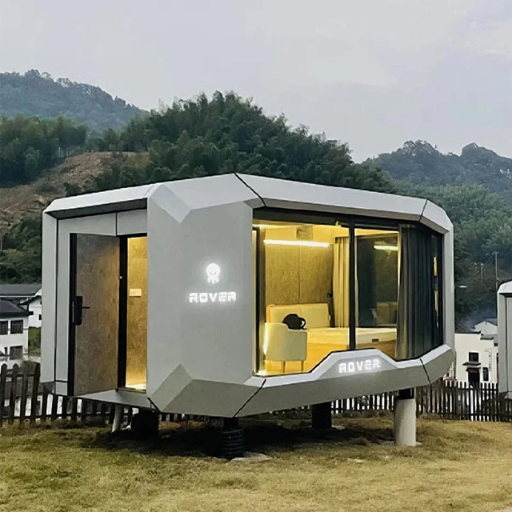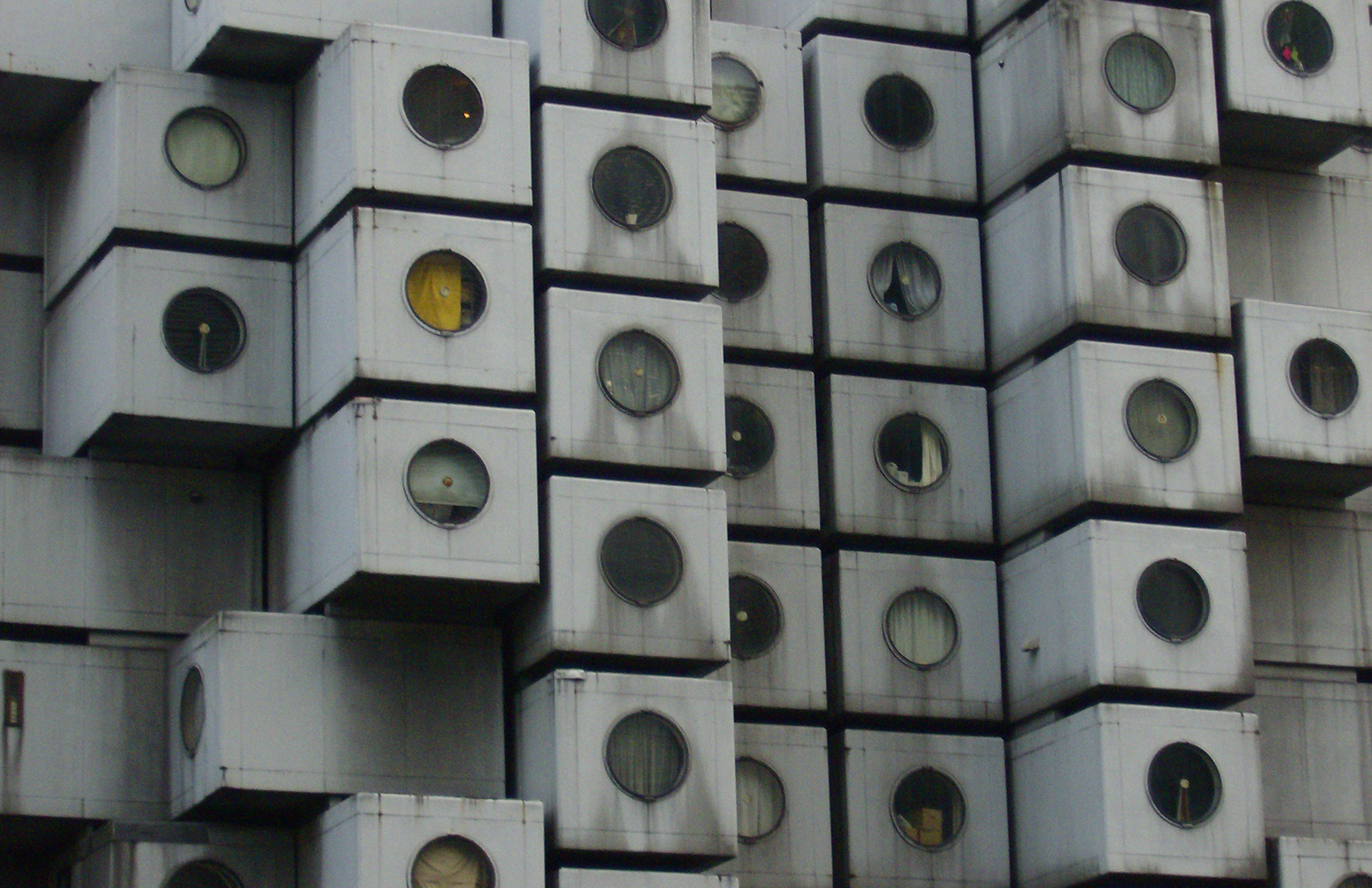Pod Studio: A Modern and Efficient Space for Work and Living
Pod Studio: A Modern and Efficient Space for Work and Living
Blog Article
Why Modular Homes Are the Future of Sustainable Living
Modular homes are increasingly identified as a crucial service for sustainable living, using a mix of efficiency, cost-effectiveness, and environmental benefits. The adaptability of modular styles allows for the assimilation of lasting innovations and products customized to specific demands.
Ecological Advantages of Modular Homes
The ecological benefits of modular homes stand for a considerable step towards sustainable living. These homes are constructed in controlled factory setups, which substantially decreases waste produced during the structure procedure. By enhancing materials and reducing excess, modular building adds to a much more effective use of sources compared to standard structure approaches.
Additionally, modular homes are commonly made with energy efficiency in mind. Many integrate sophisticated insulation methods, energy-efficient home windows, and sustainable materials, adding to reduced energy usage. This can cause minimized greenhouse gas emissions over the life expectancy of the home, improving its general ecological profile.
The capability to transportation and put together modular elements on-site also lowers the carbon impact related to building logistics. Moreover, lots of modular homes are built to be adaptable and conveniently upgradeable, enabling property owners to execute sustainable modern technologies, such as photovoltaic panels and energy-efficient heater, in time.
Eventually, the ecological benefits of modular homes not only promote lasting living but additionally motivate a more accountable strategy to real estate advancement, straightening with global initiatives to battle climate modification and maintain natural sources for future generations.
Cost-Effectiveness and Affordability
Structure a home frequently stands for among the largest economic investments individuals make in their lifetime, and modular homes supply an engaging option for those seeking cost-effectiveness and cost. Among the key advantages of modular homes is their reduced building expenses contrasted to traditional site-built homes. The streamlined production process permits considerable financial savings on labor and products, which translates to reduce costs for customers.
Furthermore, modular homes generally have shorter building timelines. This not just reduces expenses associated with funding and insurance policy yet additionally reduces the dangers connected with rising cost of living and rising and fall market problems. Several customers locate that modular homes can be tailored to fit their spending plans without sacrificing top quality or layout.
In addition, power effectiveness is often constructed right into the layout of modular homes, leading to minimized energy bills over time. Many manufacturers focus on sustainable materials and practices, further enhancing the lasting financial viability of these homes. On the whole, the mix of preliminary expense savings, quick building, and continuous energy efficiency makes modular homes an eye-catching choice for those wanting to buy lasting living without breaking the financial institution.
Efficiency in Construction
Modular homes not just provide monetary advantages yet likewise excel in construction efficiency. The modular structure process entails the simultaneous building of modules in a manufacturing facility setting while website prep work happens concurrently. This identical method significantly lowers the general timeline from fertilization to completion, often reducing building time by up to half contrasted to traditional approaches.
Furthermore, factory-controlled environments boost quality control. By making use of precision manufacturing methods, modular homes are constructed to precise requirements, reducing waste and mistakes. This consistency not just leads to a greater top quality product but also adds to lasting practices by minimizing material waste throughout construction.
Furthermore, making use of modern technology and automation in the manufacturing process enables quicker setting up and reduced labor expenses. Once the modules are delivered to the website, they can be efficiently put together, additionally speeding up the timeline. This streamlined procedure is not just valuable for contractors but also reduces interruptions to the surrounding setting during building.
Modification and Style Versatility
An impressive variety of customization choices differentiates modular homes, enabling house owners to tailor their space to meet specific needs and preferences. This layout adaptability is a characteristic of modular building and construction, making it possible for customers to choose every little thing from floor plans and room formats to fixtures and finishes. Unlike standard homes, modular designs help with a collaborative method where designers and contractors work closely with homeowners, guaranteeing that each facet lines up with visual wishes and individual way of livings.
Additionally, modular homes can be easily reconfigured or increased, fitting changing family members characteristics or progressing personal preferences. This versatility not only boosts the home's functionality yet likewise adds to long-lasting sustainability, as house owners can change their areas instead of seek brand-new real estate options.

Future Fads in Sustainable Housing
Emerging patterns in sustainable real estate are reshaping the landscape of household building, stressing green methods and cutting-edge innovations. One significant pattern is the integration of wise home modern technology, which improves power efficiency with automated systems that maximize and keep track of energy intake. This not only decreases energy costs but likewise adds to a reduced carbon footprint.
In addition, using sustainable products is ending up being significantly common. Building contractors are opting for recycled, locally sourced, or quickly eco-friendly materials, which reduce ecological influence and assistance regional economic situations. Additionally, modular homes are getting appeal for their lowered waste throughout building and construction and their adaptability to different terrains and environments.
Another fad is the unification of green roofs and living walls, which boost air high quality and supply all-natural insulation. These functions likewise advertise biodiversity in urban areas.
Conclusion
In conclusion, modular homes arise as an essential service for sustainable living, offering substantial environmental advantages with reduced waste and power effectiveness. As trends in lasting housing evolve, modular homes are positioned to play a critical function in promoting green living methods for future generations.
Structure a home typically stands for one of the biggest financial investments people make in their life time, and modular homes provide an engaging service for those seeking cost-effectiveness and price. One of the primary advantages of modular homes is their reduced building expenses contrasted to standard site-built homes. Overall, the combination of first cost financial savings, quick construction, and continuous power great post to read efficiency makes modular homes an appealing option for those looking to spend in lasting living without breaking the bank.
Inevitably, the customization and style versatility provided by modular homes make certain that they are not simply structures, however individualized havens that mirror the distinct identifications of their owners while promoting sustainable living techniques.

Report this page